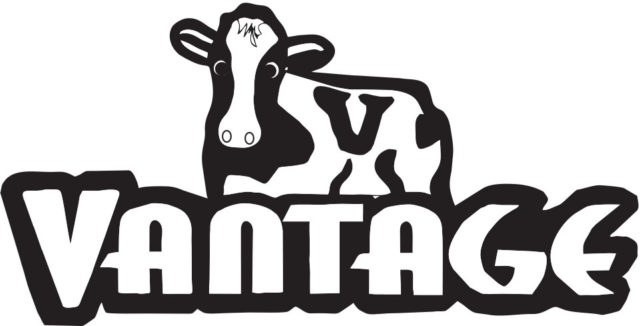Imagine you were a livestock man in medieval England a thousand years ago. It’s early spring. Snow on the ground, mud in the cow lot. You walk the small pasture where the heavy heifers are kept. It’s hard to see much with just the moonlight. But you spot one that’s down in a swale. She’s on her side in the process of calving. One foot is showing.
You check the rest of the cows the best you can and go back to the heifer. No progress. You wait a little longer then, resigned to your duty, you walk back to the cow lot and set the gates.
On your way back to get the heifer, the wind blows down your neck and you shiver. Using a long stick, you get the heifer up and drive her into the cow lot. There’s some straw scattered behind the windbreak. She finds it and lies down.
You walk to the earthen-roofed shed to collect your tools. You manage to ease up on her and drop a homemade halter over her head and tie her loosely to a post on the windbreak.
There is tepid water in your oaken bucket. After takin’ off your tunic, you wash yer arms and kneel down behind her.
Taking a three-foot leather thong, you slip a noose around the protruding foot. Following yer father’s advice, you next slip a hand inside and search for the other foot. You attach a second thong to it, take a wrap around each hand and begin to pull.
By pulling when she pushes, resting when she rests, you and she finally deliver the calf two hours later.
You rub him down, get him under the flank to suck and get to bed at daybreak.
Sound familiar? However, we have made some progress in a thousand years. We’ve traded the moonlight for a flashlight, a (grass-hemp) rope for a nylon, wool underwear for goose down, leather shoes for rubber boots, leather thongs for chrome-plated OB chains, and we’ve traded patience for a ratchet calf puller.
But for the most part, much of the process remains the same. Cold feet, bare arms, sweat in your eyes, small heifers and big calves, manual labor and dogged determination.
Progress has mechanized, modernized and computerized much of our world from farming to pharmacy, from coal mining to dentistry, from astronomy to architecture.
But those of us who practice the ancient art of birthing livestock could trade places with our counterparts a thousand years ago, or even two thousand years ago, and we’d be interchangeable almost immediately.
Sorta like horseshoers, acupuncturists, dog trainers and herbal medicine salesmen.
Makes ya think, doesn’t it?





